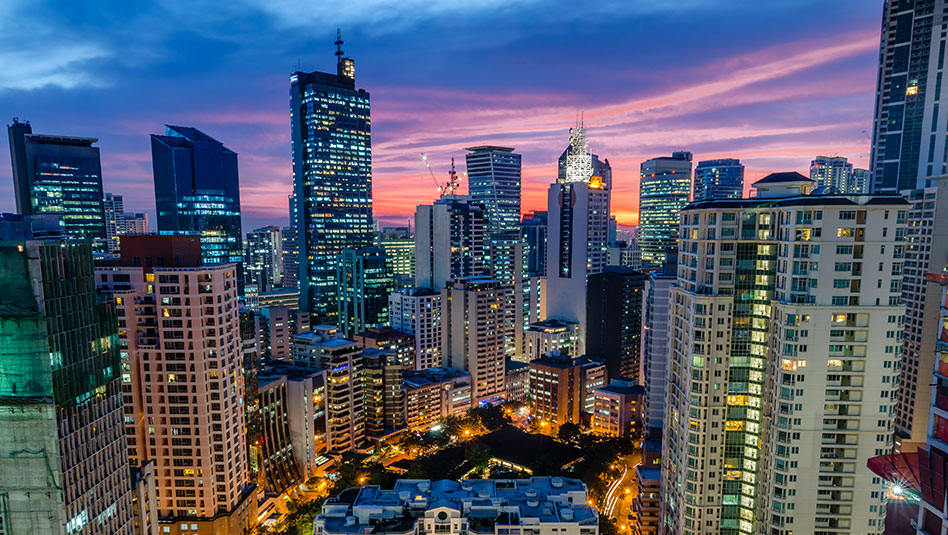Inflation expected to decline due to government remedies
The central bank continues to steer inflation in the right direction. With slower inflation, economic growth is expected to accelerate in 2025.

Headline inflation may fall within target again in July, reaching 3.8%, with price pressures fading at a more favorable pace to start the second half of the year. Earlier in the year, the Bangko Sentral ng Pilipinas (BSP) had forecast inflation to potentially breach the upper end of the inflation target.
However, receding risks from the El Niño weather phenomenon plus improved supply dynamics due to government remedies should keep price pressures at bay. The reduction in tariff for imported rice and the extension of an executive order lowering tariffs for important food commodities are some examples of such supply side remedies.
A quick slide the rest of the way
In the coming months, we expect inflation to decline further, with headline inflation potentially dropping to around 2% by September. This significant decrease is primarily due to the government’s tariff reduction lowering rice prices, which heavily impacts the Consumer Price Index (CPI) basket.
The combination of lower rice prices and favorable base effects could push inflation towards the lower end of the central bank’s target range. This trend suggests a potential shift towards a more stable price environment, which may influence future economic policies.
Easing to help spur even faster growth
Declining inflation is expected to boost economic growth in two ways. First, as price pressures ease, consumer spending is likely to increase. Filipino households may find themselves with improved financial situations, potentially allowing them to rebuild savings or increase discretionary spending.
Secondly, the Bangko Sentral ng Pilipinas (BSP) is anticipated to begin a cycle of interest rate cuts. This monetary policy shift could stimulate economic growth by encouraging new investments across various sectors.
Missing link restored
As a result of all this, a potential resurgence in investment momentum is expected to accelerate GDP growth in the medium-term, likely pushing it beyond the 6% pace of expansion and possibly even higher. This increased investment activity is anticipated to have both immediate and long-term positive effects on the economy.
In the short term, investment growth should boost the economy through increased capital formation. It will also enhance overall productivity. These factors combined should help maintain the Philippines’ growth narrative and set the stage for even higher levels of economic expansion in the future.
NICHOLAS MAPA is Metrobank’s Chief Economist, Market Strategist, and Head of the Research and Market Strategy Department in the Financial Markets Sector. He graduated from the University of Asia and the Pacific (UA&P) with an undergraduate degree in Humanities and a Master of Science (MSc) in Industrial Economics. He also completed an MA in Economics from Vanderbilt University and an MBA from the Kelley School of Business at Indiana University. He travels regularly with his family, enamored by culture and history. An avid learner, he also reads extensively.







 DOWNLOAD
DOWNLOAD




 By Nicholas Mapa
By Nicholas Mapa